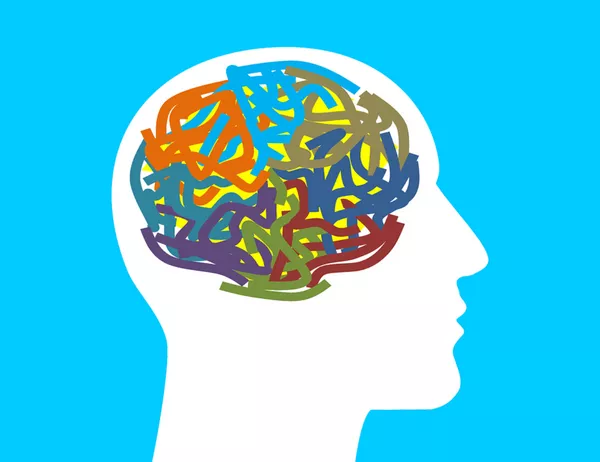Social media has revolutionized the way we connect, communicate, and perceive the world around us. It has become an integral part of our daily lives, offering remarkable opportunities for information sharing, social interaction, and community building. However, as its influence grows exponentially, so does our understanding of its impact on mental health. In recent years, numerous studies have highlighted the complex relationship between social media usage and mental well-being, revealing both positive and negative effects. This article aims to delve into the repercussions of excessive social media use on mental health, emphasizing the potential risks and offering insights into how individuals can mitigate its adverse effects.
1. Social Comparison and Self-Esteem
One of the key ways in which social media affects mental health is through the constant exposure to curated versions of other people’s lives. Users often engage in social comparison, comparing their own achievements, appearances, and experiences with those depicted online. This process can lead to feelings of inadequacy, decreased self-esteem, and a distorted perception of reality. Research suggests that individuals who frequently engage in social comparison are more likely to experience symptoms of anxiety, depression, and body dissatisfaction.
2. Cyberbullying and Online Harassment
The anonymity afforded by social media platforms has given rise to a concerning phenomenon: cyberbullying. Victims of cyberbullying often face relentless harassment, public humiliation, and threats that extend beyond the virtual realm, leading to severe emotional distress and psychological trauma. Studies indicate a strong correlation between cyberbullying and poor mental health outcomes such as increased rates of depression, anxiety, and even suicidal ideation. The 24/7 availability of social media exacerbates the impact of cyberbullying, as victims find it challenging to escape the torment.
3. Fear of Missing Out (FOMO)
The fear of missing out (FOMO) is another psychological consequence associated with social media. The constant stream of updates, photos, and activities shared by others can foster a sense of exclusion and heightened anxiety about being left out. Individuals who experience FOMO often feel compelled to be constantly connected, leading to increased social media use and a perpetual cycle of comparison and dissatisfaction. This psychological pressure can contribute to feelings of loneliness, stress, and diminished overall well-being.
4. Unrealistic Portrayals of Body Image
Social media platforms have become breeding grounds for the dissemination of unrealistic beauty standards. Users are bombarded with images of flawless bodies and idealized physiques, leading to body dissatisfaction, poor self-image, and disordered eating behaviors. Research shows a link between extensive social media exposure and negative body image perceptions, particularly among adolescents and young adults. The constant pursuit of unattainable ideals perpetuated by social media can contribute to the development of eating disorders and other mental health issues.
5. Addiction and Digital Detox
Social media platforms are designed to be addictive, employing various techniques to keep users engaged for extended periods. The constant need for validation through likes, comments, and shares can trigger compulsive behaviors and lead to social media addiction. Excessive usage not only detracts from real-life experiences but also disrupts sleep patterns, impairs concentration, and reinforces feelings of isolation. Engaging in regular digital detoxes, setting healthy boundaries, and seeking support can help individuals regain control over their social media consumption habits.
Social Media as a Double-Edged Sword
While social media undoubtedly has its downsides, it would be remiss not to recognize its positive aspects as well. Social media can serve as a valuable avenue for social support, online communities, and access to information on mental health resources. It can promote awareness, reduce stigmas surrounding mental health, and facilitate open conversations. It is crucial to strike a balance between the advantages and drawbacks of social media, adopting a mindful approach to its usage and prioritizing self-care.
Conclusion
As social media continues to permeate various aspects of our lives, it is essential to recognize its potential impact on mental health. While it offers immense opportunities for connection and growth, excessive use can lead to adverse effects such as decreased self-esteem, cyberbullying, FOMO, distorted body image, and addiction. To safeguard our mental well-being in the digital age, it is crucial to cultivate self-awareness, practice moderation, and seek support when needed. By promoting digital literacy, encouraging healthy online habits, and fostering open discussions, we can harness the positive power of social media while mitigating its detrimental influences on mental health.


